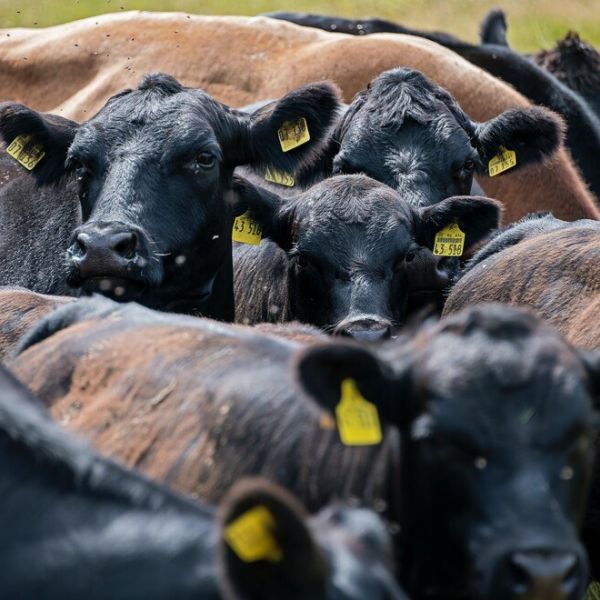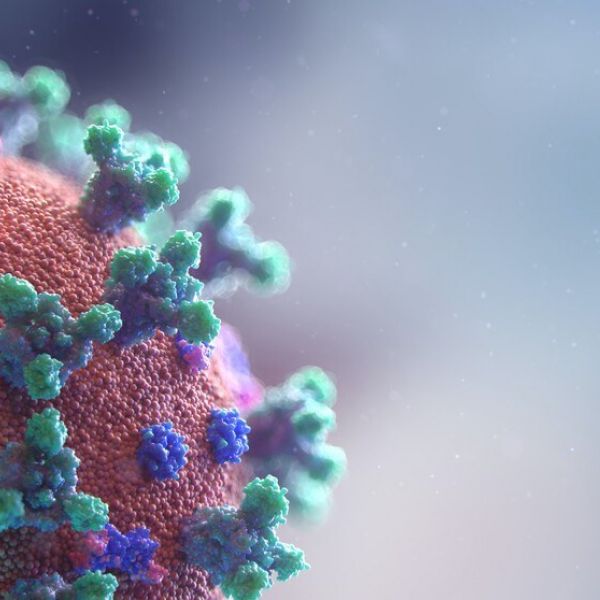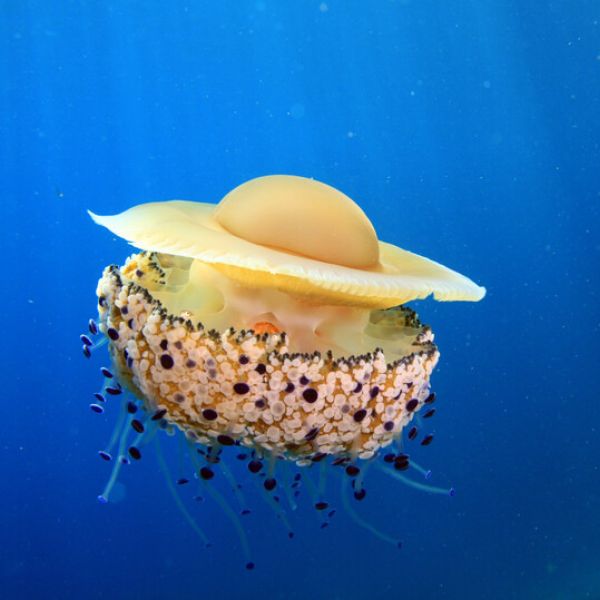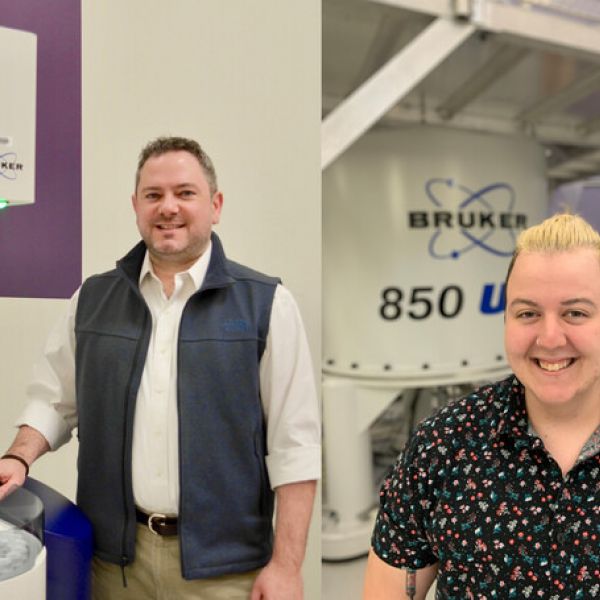News

Jul 13, 2021
Macalady named Ecology Institute director
Microbe expert Jennifer Macalady replaces outgoing director Erica Smithwick, who oversaw the research unit for the past five years.
Full Article

Jul 09, 2021
Normal brain growth curves for children developed
Based on more than a thousand brain scans, the findings have implications for diagnosing and treating childhood brain disorders, infections and injuries.
Full Article

Jul 09, 2021
Neglecting delays in outbreak response grossly underestimates epidemic severity
For livestock diseases, like foot-and-mouth disease (FMD) and swine flu, rapid culling and carcass disposal are well-established strategies for halting an outbreak and limiting its impact. However, even when infection is quickly detected delays in these interventions may permit pathogen transmission from infected farms.
Full Article

Jul 08, 2021
Penn State research teams awarded seed grants to advance biodevices
Interdisciplinary research teams from across Penn State recently received seed grants from the Penn State Biodevices Seed Grant program and the Grace Woodward Collaborative Research in Engineering and Medicine Grant program to fund their work in advancing biodevices.
Full Article

Jul 07, 2021
Two honored with 2021 Eberly College of Science Distinguished Service Awards
The Eberly College of Science has honored James Marden, professor of biology and associate director of the Huck Institutes of the Life Sciences, with one of two Distinguished Service Awards in 2021. The award was established in 1978 to recognize faculty and staff who have made significant and outstanding leadership and service contributions to the Eberly College of Science over a sustained period of time.
Full Article

Jul 07, 2021
Fighting COVID with COVID
What if the COVID-19 virus could be used against itself? Researchers at Penn State have designed a proof-of-concept therapeutic that may be able to do just that. The team designed a synthetic defective SARS-CoV-2 virus that is innocuous but interferes with the real virus’ growth, potentially causing the extinction of both the disease-causing virus and the synthetic virus.
Full Article

Jul 01, 2021
Scientists resurrect 'forgotten' genus of algae living in marine animals
In the late 1800s, scientists were stumped by the “yellow cells” they were observing within the tissues of certain temperate marine animals, including sea anemones, corals, and jellyfish. Were these cells part of the animal or separate organisms? If separate, were they parasites, or did they confer a benefit to the host?
Full Article

Jul 01, 2021
National Institutes of Health funds neural engineering graduate training program
Penn State has a new cross-disciplinary program to train graduate students interested in the complex landscape of the human brain, supported by a $1.5 million grant from the National Institutes of Health (NIH).
Full Article

Jul 01, 2021
How does a regulatory protein know where to bind to modulate insulin production?
Some proteins in the body ensure that genes are turned on and off at the correct times. Understanding where speckle-type POZ protein (SPOP) binds may help researchers predict what predisposes individuals to develop diabetes and clarify how SPOP regulates other important proteins. In a recent study, a team of researchers from Penn State and St. Jude Children’s Research Hospital imaged the proteins and determined just how this important interaction occurs.
Full Article

Jun 30, 2021
Claude dePamphilis named Huck Chair in Plant Biology and Evolutionary Genomics
Claude dePamphilis, Penn State Professor of Biology, has been named the Dorothy Foehr Huck and J. Lloyd Huck Distinguished Chair in Plant Biology and Evolutionary Genomics by the Huck Institutes of the Life Sciences.
Full Article